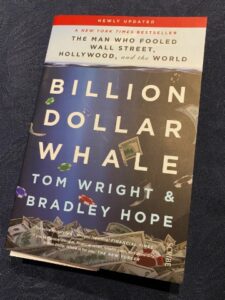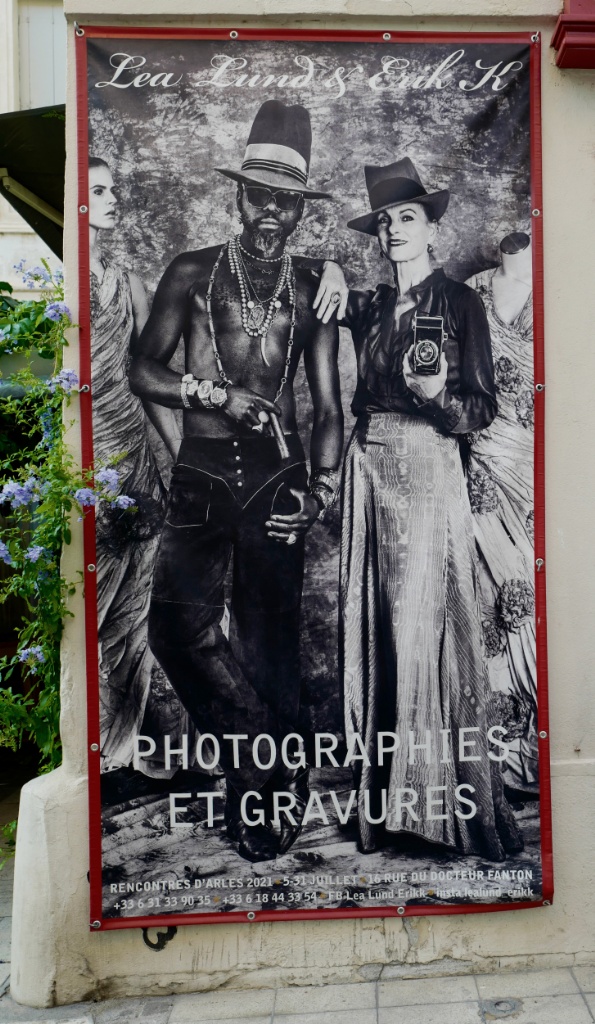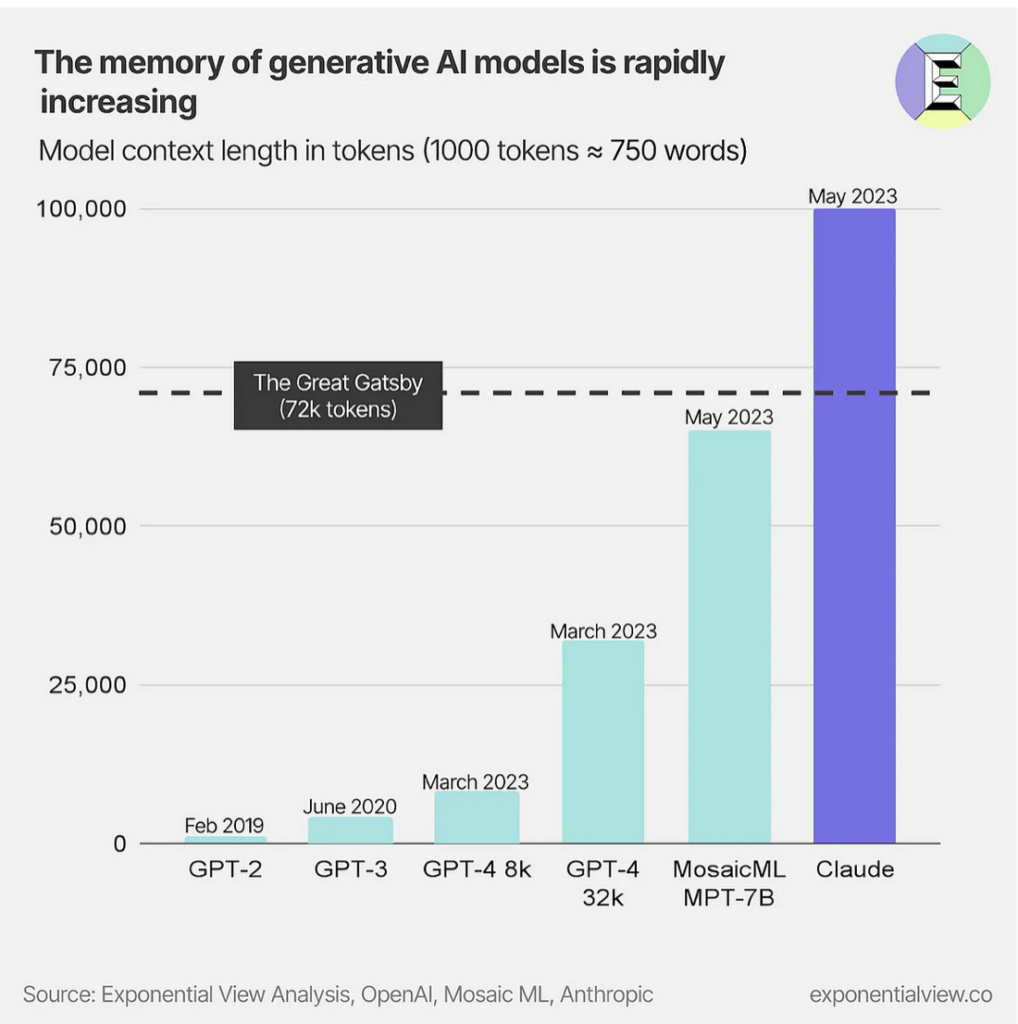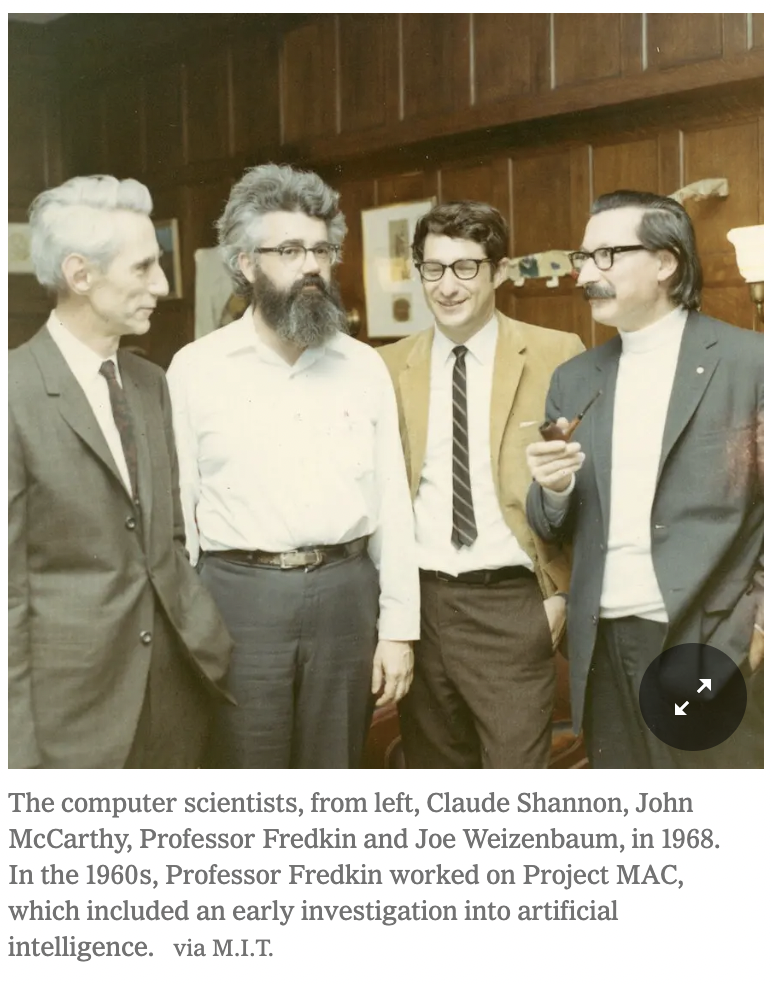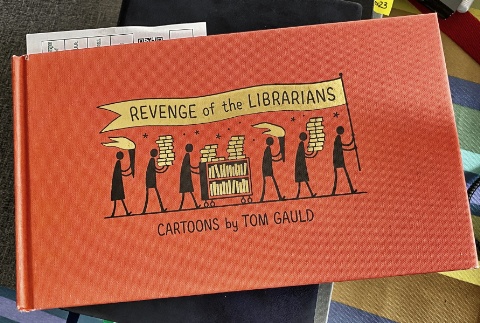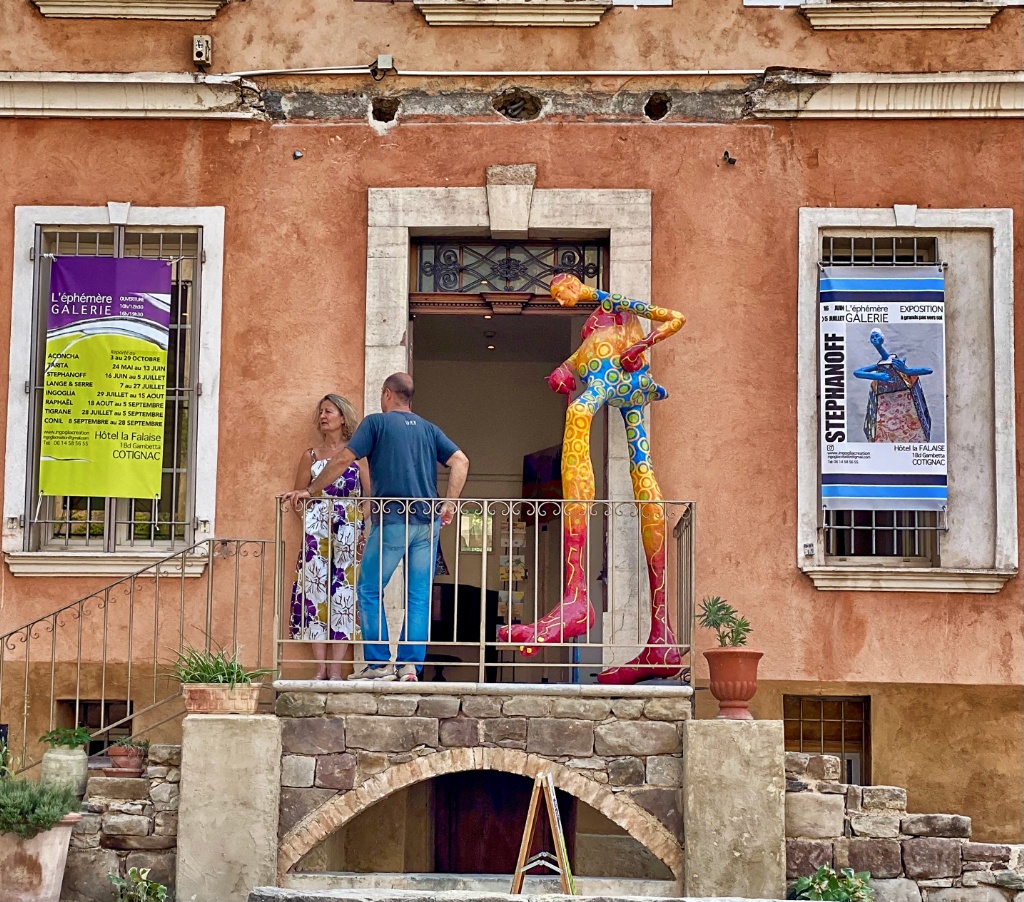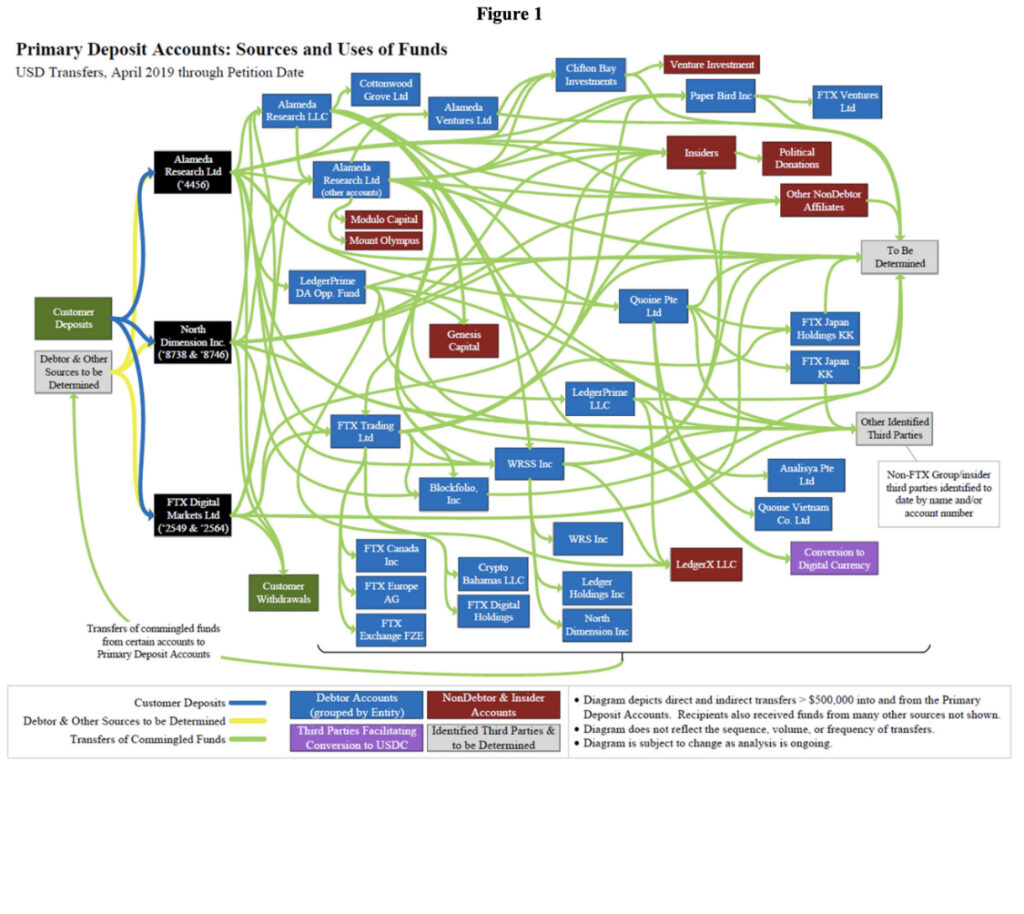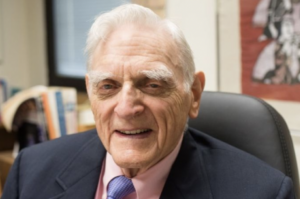Where we get our strawberries
From Hacker’s Fruit Farm, of course.
Quote of the Day
“When Silicon Valley tries to imagine superintelligence, what it comes up with is no-holds-barred capitalism.”
- Ted Chiang
Musical alternative to the morning’s radio news
Pinetop Perkins | “Pinetop’s Blues”
Wonderful. And he had great taste in hats, too.
Long Read of the Day
Why they’re smearing Lina Khan
Terrific, no-holds-barred polemic by Cory Doctorow.
My god, they sure hate Lina Khan. This once-in-a-generation, groundbreaking, brilliant legal scholar and fighter for the public interest, the slayer of Reaganomics, has attracted more vitriol, mockery, and dismissal than any of her predecessors in living memory.
She sure must be doing something right, huh?
A quick refresher. In 2017, Khan – then a law student – published Amazon’s Antitrust Paradox in the Yale Law Journal. It was a brilliant, blistering analysis showing how the Reagan-era theory of antitrust (which celebrates monopolies as “efficient”) had failed on its own terms, using Amazon as Exhibit A of the ways in which post-Reagan antitrust had left Americans vulnerable to corporate abuse:
The paper sent seismic shocks through both legal and economic circles, and goosed the neo-Brandeisian movement (sneeringly dismissed as “hipster antitrust”). This movement is a rebuke to Reaganomics, with its celebration of monopolies, trickle-down, offshoring, corporate dark money, revolving-door regulatory capture, and companies that are simultaneously too big to fail and too big to jail.
This movement has many proponents, of course – not just Khan – but Khan’s careful scholarship, combined with her encyclopedic knowledge of the long-dormant statutory powers that federal agencies had to make change, and a strategy for reviving those powers to protect Americans from corporate predators made her a powerful, inspirational figure…
Great piece. Khan is a remarkable figure.
Books, etc.
One of my Malaysian Press Fellows gave me this, possibly because he knew I had once shaken hands with one of the key figures in the scam. (He was the Prime Minister of Malaysia at the time.) In my defence, the Mayor of London and the UK Home Secretary also shook hands with him that evening.
As for the book: it’s a riveting tale, skilfully told. Recommended as beach or poolside reading.
My commonplace booklet
-
“I knew Robert F. Kennedy, and you’re no Robert F. Kennedy.” Robert Reich on the ”dangerous nutcase” currently trading under the famous name.
-
A novel way of easing global warming — really white paint. Link
Linkblog
Some things I noticed, while trying to drink from the Internet firehose.
-
Why would you build a cloud DC in America’s hottest city? Why indeed? From The Register.
-
TikTok Extends the Wasteland The Hedgehog Review Link
Errata
The other day I attributed a quote to the New Yorker writer Bill McKibben. Sheila Hayman (Whom God Preserve) smelt a rat and referred me to Quote Inspector, which ruled as follows:
Dear Quote Investigator: The following quotation has been attributed to the writer and political commentator Gore Vidal:
“The four most beautiful words in the English language are “I told you so.”
Was this statement crafted by Vidal?
Quote Investigator: Gore Vidal did employ versions of this saying on multiple occasions. But the earliest strongly matching instance located by QI was spoken in the British House of Lords in 1953 by Lord Mancroft (Stormont Mancroft). Boldface has been added to excerpts:
”I should like to begin by thanking the noble Lord, Lord Silkin, for having given us the opportunity of discussing this matter this afternoon and also for the moderate and reasonable way in which he has put his point of view forward. Indeed, I should like to congratulate the noble Lord, also, on having successfully resisted the temptation to utter those happiest words in the English language, “I told you so.”
Mancroft used the adjective “happiest” instead of “most beautiful”, and he did not count the words, but the notion he expressed was very similar.
This Blog is also available as an email three days a week. If you think that might suit you better, why not subscribe? One email on Mondays, Wednesdays and Fridays delivered to your inbox ay 6am UK time. It’s free, and you can always unsubscribe if you conclude your inbox is full enough already!


